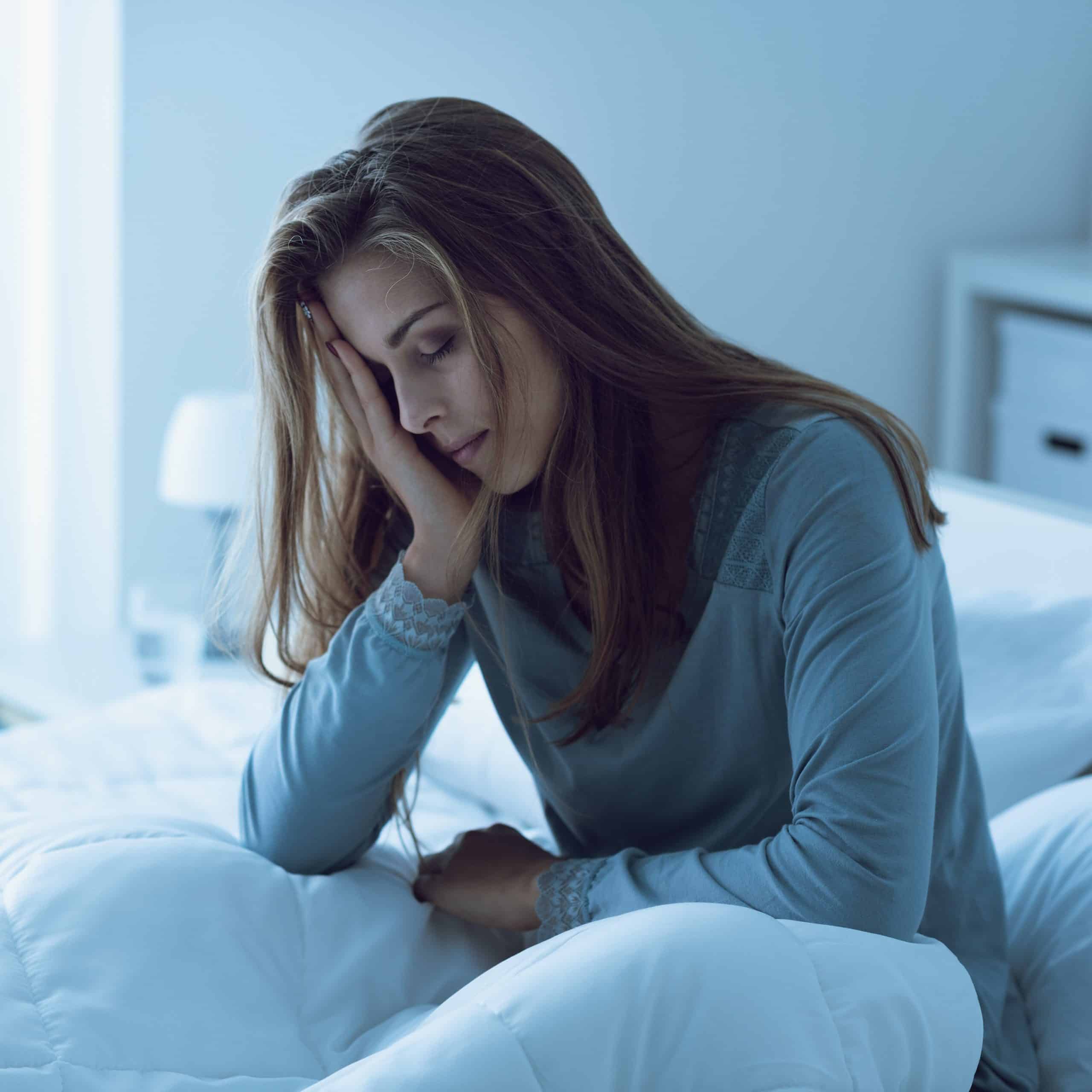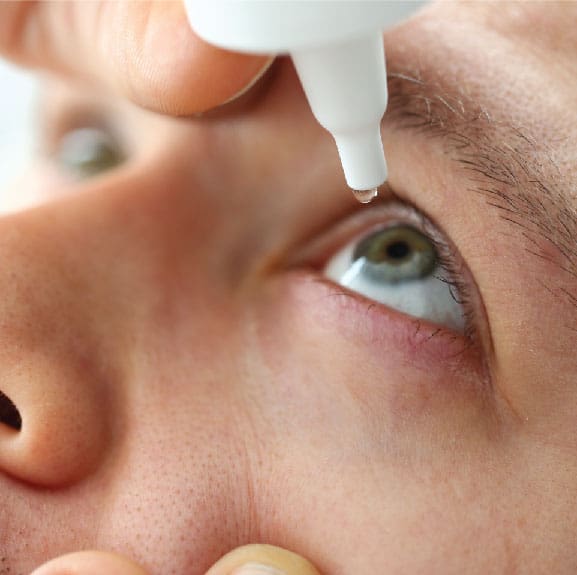Why is sleep important?
To keep your heart healthy, you need a good night’s rest, and it is well documented that 7-8 hours of sleep is vital to your overall health. People who sleep for shorter periods, 5 hours or less, are more likely to be at risk of chronic diseases later in life.
According to the CDC, heart disease is the leading cause of death in the United States.1 In June of 2022, the American Heart Association added sleep deprivation to its cardiovascular health checklist. The checklist comprises eight items that can help manage cardiovascular health, they include: quitting tobacco, eating better, being active, managing weight, managing blood pressure, controlling cholesterol, reducing blood sugar, and getting healthy sleep.2
Sleep Deprivation Research
Researchers from Columbia University’s Mailman School of Public Health performed a study that had 2,000 middle-age or older adults fill out sleep surveys, wear devices that measured sleep for seven days, and take part in an overnight observation.2
It was found that about 63% of the participants slept less than seven hours a night and that 30% slept for less than six hours. Those “who slept less than seven hours had a higher chance of ‘low sleep efficiency,’ irregular sleep patterns, excessive daytime sleepiness, and sleep apnea.” In addition to these sleep disruptions, individuals that slept for less than seven hours had a higher risk of heart disease factors including, obesity, type 2 diabetes, and high blood pressure.2
It is not just your physical health that can be impacted but also your mental health. Poor sleep lowers the chance of physical activity throughout the day, increases poor diet cravings, can raise stress levels, and increase depression.
Tips to Improve your Sleep
By knowing the health risks associated with sleep deprivation, you can begin to mitigate those risks with some best practices.
- Stick to a sleep schedule
- Go to bed and wake up the same time each day, be consistent with your schedule.
- If you can’t fall asleep within the first 20 minutes, go do something relaxing and then go back to bed when you’re tired.3
- Pay attention to what you eat
- Don’t overeat or go to bed hungry.
- Monitor your nicotine, caffeine, and alcohol as they can disrupt your sleep.3
- Create a restful environment
- Keep the room cool, dark, and quiet. Blackout shades and white noise machines may be effective.
- Limit time in front of screens such as a tv, computer, or phone.3
- Limit daytime naps
- Prolonged naps during the day can interfere with nighttime sleep. Avoid naps longer than an hour.3
- Add physical activity to your day
- Exercise can promote better sleep as long as it is not too close to bedtime.3
- Manage stress
- Try to resolve your worries prior to bedtime. Write down what’s on your mind and set it aside for the next day.3
If you’ve tried combinations of the above tips and are still having trouble sleeping, it’s best to consult with your health care provider. A professional may be able to help identify the root cause and help you get back to the sleep you deserve.
Sources:
1.“About Multiple Cause of Death, 1999–2020,” Centers for Disease Control and Prevention, accessed October 24, 2022, https://wonder.cdc.gov/mcd-icd10.html
2 Christensen, Jen (2022, Oct. 21) “Sleep may be just as important to heart health as diet and physical activity, research finds,” KSL.com, accessed October 24, 2022, https://www.ksl.com/article/50498223/sleep-may-be-just-as-important-to-heart-health-as-diet-and-physical-activity-research-finds
3. “Sleep tips: 6 steps to better sleep,” Mayoclinic.org, accessed October 24, 2022, https://www.mayoclinic.org/healthy-lifestyle/adult-health/in-depth/sleep





